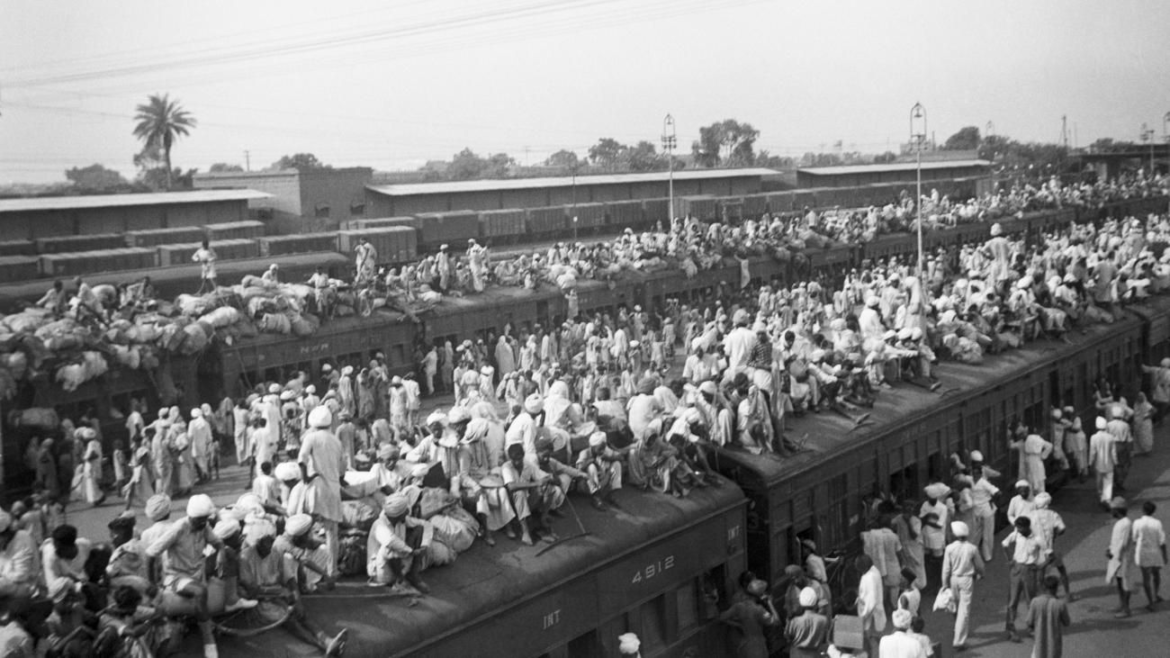AI Generated Summary
- ” Set in a fictional village on the border of India and Pakistan, the novel explores the impact of the partition on ordinary people, whose lives are forever changed by the tide of history.
- Singh’s vivid portrayal of the village and its inhabitants captures the essence of rural Punjab, while his unflinching examination of the events that unfold highlights the fragility of humanity in the face of chaos and strife.
- The event left an indelible imprint on the collective psyche of the people, particularly in Punjab, a region that bore the brunt of the violence and displacement.
The partition of British India in 1947 marked the birth of two separate nations: India and Pakistan. The event left an indelible imprint on the collective psyche of the people, particularly in Punjab, a region that bore the brunt of the violence and displacement. The emotional scars of this tumultuous period are evident in the literary works of prominent authors such as Amrita Pritam, Saadat Hasan Manto, and Khushwant Singh. Through their poignant stories, these writers have provided an insight into the human experience of the partition, capturing the complex interplay of emotions that continue to shape the region’s cultural fabric.
Amrita Pritam (1919-2005), a pioneering female poet and novelist, is considered one of the most prominent voices of the partition era. Born in Gujranwala, Punjab (now in Pakistan), Pritam witnessed the tragedy of the partition firsthand. Her poem “Ajj Aakhaan Waris Shah Nu” (Today I Invoke Waris Shah), written in 1948, stands as a testament to the pain and suffering endured by the people of Punjab. Addressing the Sufi poet Waris Shah, Pritam implores him to rise from his grave and witness the bloodshed and heartache that have befallen the land he once immortalized in his poetry. Through her writings, Pritam boldly confronts the anguish of those affected by the partition, exposing the harsh realities of loss, displacement, and communal violence.
Saadat Hasan Manto (1912-1955), a celebrated Urdu short story writer, is often referred to as the “chronicler of the partition.” Born in Ludhiana, Punjab (now in India), Manto witnessed the horrors of the partition, which deeply influenced his literary work. His collection of short stories, “Manto Nama,” captures the human experience of the event with brutal honesty and raw emotion. Manto’s stories, such as “Toba Tek Singh” and “Khol Do,” delve into the darkest recesses of human nature, revealing the cruelty, prejudice, and senselessness of the violence that engulfed the region. Despite the grim nature of his stories, Manto’s work remains an invaluable window into the human cost of the partition, a testament to the resilience of those who survived its aftermath.
Khushwant Singh (1915-2014), a prolific author, historian, and journalist, provided a unique perspective on the partition through his semi-autobiographical novel, “Train to Pakistan.” Set in a fictional village on the border of India and Pakistan, the novel explores the impact of the partition on ordinary people, whose lives are forever changed by the tide of history. Singh’s vivid portrayal of the village and its inhabitants captures the essence of rural Punjab, while his unflinching examination of the events that unfold highlights the fragility of humanity in the face of chaos and strife. “Train to Pakistan” remains a powerful reminder of the enduring consequences of political decisions on the lives of everyday people.
Partition literature in Punjab represents the emotional landscape of a region forever scarred by the events of 1947. Through their moving and thought-provoking works, authors such as Amrita Pritam, Saadat Hasan Manto, and Khushwant Singh have immortalized the memories of the partition, ensuring that the stories of loss, heartache, and resilience are never forgotten. As we reflect on the legacy of these literary giants, let us not forget the lessons of history and the power of literature to heal and unite across boundaries.




